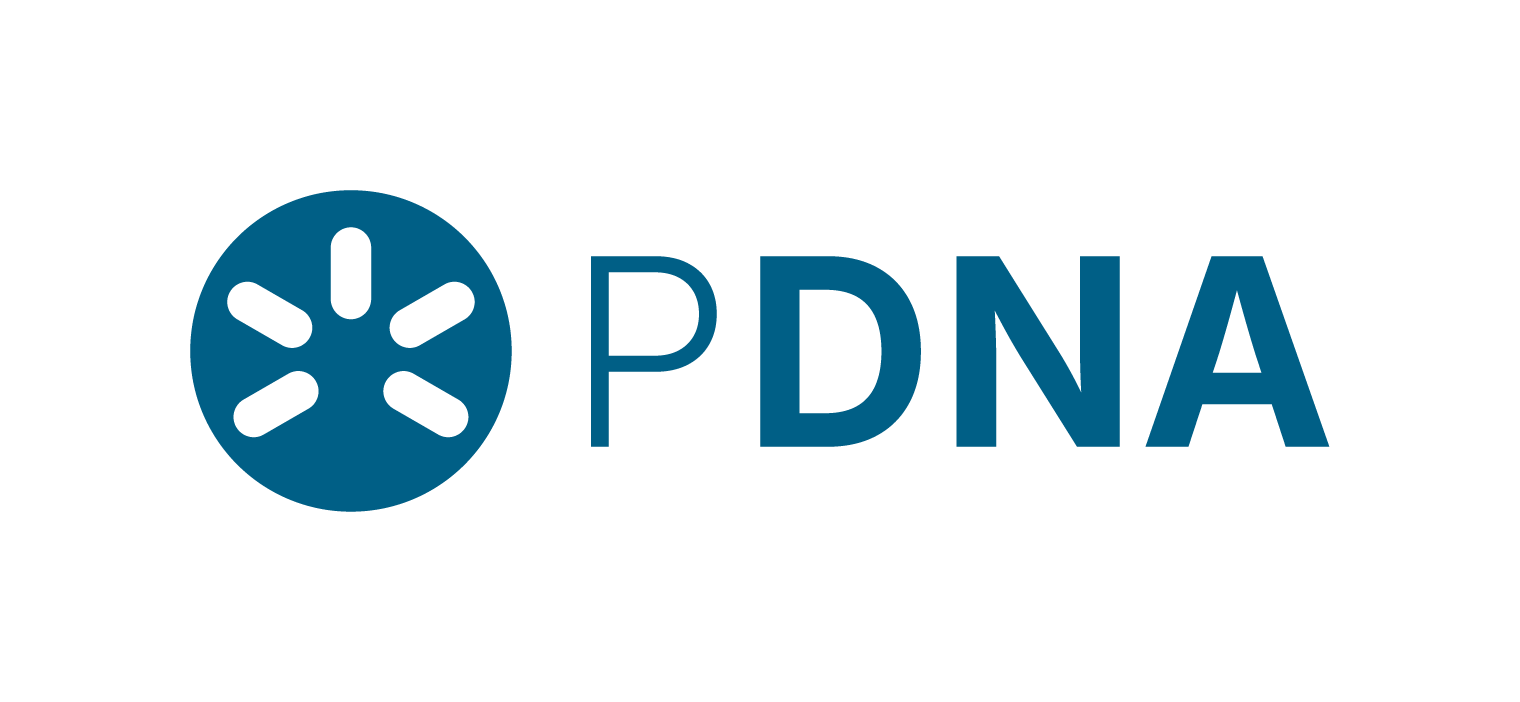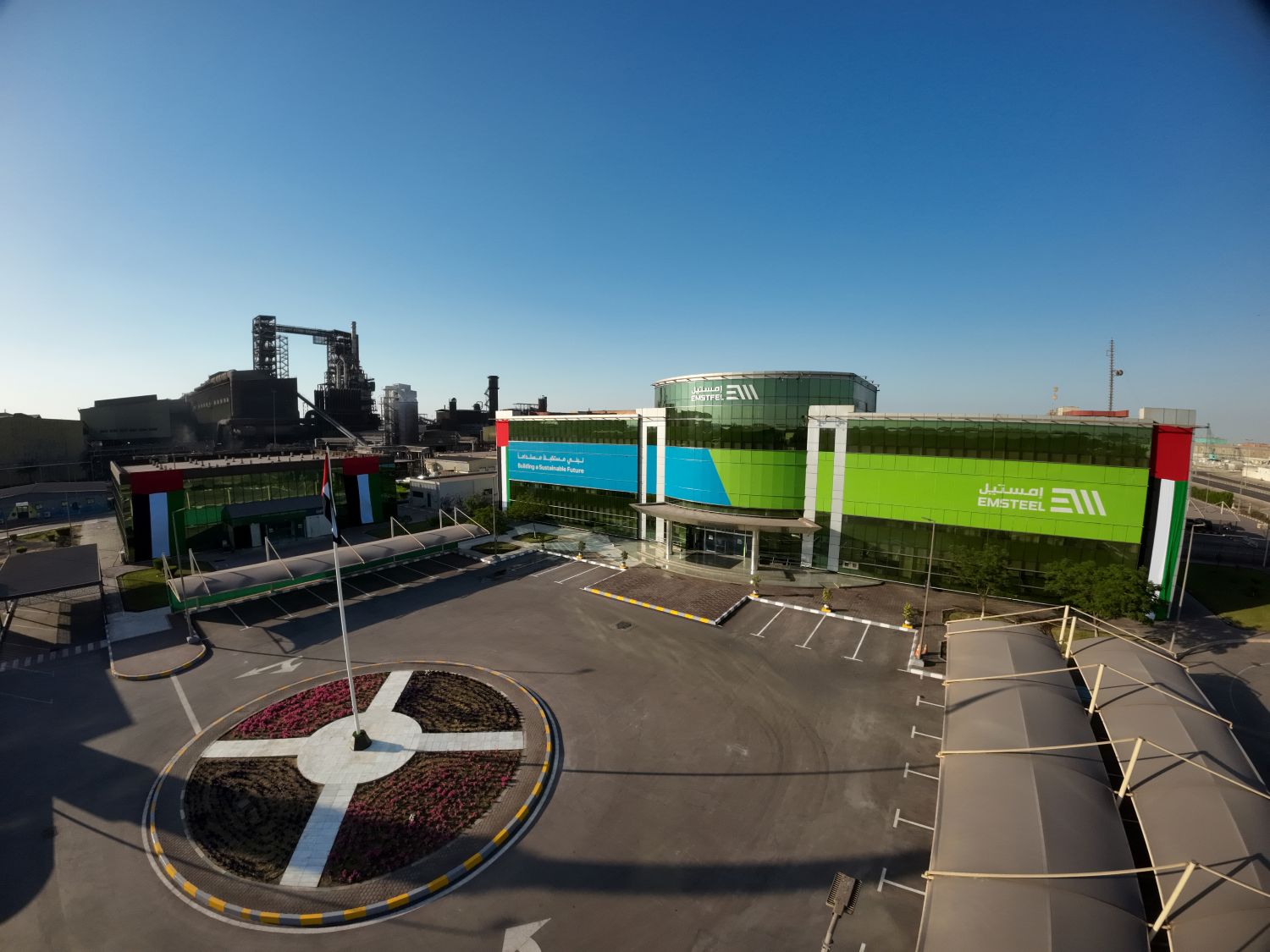We’re shaping a more responsible steel industry.
We have the opportunity to do things differently
ResponsibleSteel is a global, not-for-profit organisation created to maximise steel’s contribution to a sustainable world. Working collaboratively with our members, we have developed an independent standards and certification programme for steel via a process that uses the ISEAL Codes of Good Practice as a reference. Together, we are setting the global standard for responsibly produced net-zero steel.

We’re at a pivotal moment in the steel industry
According to ResponsibleSteel's calculations using data from RMI and the International Energy Agency (IEA), the steelmaking process, from the extraction of raw materials to the production of steel, accounts for 10% of global GHG emissions. We face a collective challenge to transform the industry, reducing global emissions while ensuring a just transition for workers and local communities.
We have over 160 members working to deliver on our mission to drive responsible steel production.
According to the IEA's Net Zero Emissions Scenario, we need to reduce steel industry emissions by at least 90% by 2050, compared to 2022.
We have over 80 ResponsibleSteel certified sites globally.
Over 230,000 workers are covered by ResponsibleSteel certification.
Over 30% of furnaces covered by ResponsibleSteel certification are EAFs.
This is the future of steel
Our members are at the heart of our work
ResponsibleSteel’s membership consists of representatives from across the steel value chain, including businesses, NGOs, trade associations, and other organisations with an interest in our mission. This means our standards are uniquely shaped by multiple perspectives, and their adoption requires the support of both business and civil society members. We encourage organisations globally to join us to create lasting impact for people and the planet.








































Certified sites around the world

Latest news & events


August 2025 Newsletter
This month marks a major milestone: EMSTEEL Group is the first site in the MENA region to achieve ResponsibleSteel™ Certification – a benchmark in a region set to play a vital role in the industry’s transition.
We invite members to share feedback on potential updates to ResponsibleSteel's GHG claims through our survey. Your input will inform the Board’s next meeting, so please make sure your voice is heard.
Our new case study, with SIJ - Slovenian Steel Group, highlights how certification provides a clear sustainability roadmap, delivering benefits such as stronger worker wellbeing and community trust. You can also explore our latest member blog from Maxion Wheels, a Reuters opinion piece from our CEO, Annie Heaton, and our upcoming Just Transition webinar in partnership with Initiative for Responsible Mining Assurance (IRMA).
Finally, we’re delighted to welcome Titan Wind Energy as our newest member and share information on upcoming events and opportunities to get involved.
In this edition, read about:
- EMSTEEL's first certification
- ResponsibleSteel's GHG claims survey
- Our first case study with SIJ Group
- Welcoming our newest member
- Take part in our standard revision
Read our latest newsletter here for more.


ResponsibleSteel: A key pillar of Maxion Wheels’ Responsible Sourcing Policy
At Maxion Wheels, our commitment to sustainability is deeply embedded in our business strategy. As a leading global manufacturer of both aluminum and steel wheels, we understand the critical role we play in the automotive industry and the broader societal impact of our operations. Our annual steel requirement amounts to 800,000 tons, covering our operations across North and South America, Europe, Africa, and Asia.
Scope 3 emissions from the steel we purchase make up the largest share of our total emissions at 56%. Reducing these upstream emissions is strategically important to Maxion Wheels’ goal of becoming a net-zero operation by 2040. To this end, we have entered into future partnership agreements with selected steel manufacturers that offer a green vision and a solid decarbonisation strategy. We actively encourage our steel suppliers to offer more sustainable options, enabling Maxion Wheels to develop solutions that fulfil our customers’ expectations.
Strong industry standards and frameworks help unify the supply chain around shared sustainability values. They also make supply chain sustainability governance more efficient and less resource-intensive. The ResponsibleSteel International Production Standard provides a benchmark on sustainable best business practices for the steel industry, and ResponsibleSteel’s Principles align with our own values as well as the expectations we have of our supplier network.
Our responsible sourcing policy reflects this commitment by awarding credit points to steel suppliers in their annual performance rating, if they are members of ResponsibleSteel. We collaborate with steel manufacturers who are committed to reducing their emissions and implementing closed-loop systems. These manufacturers are not only dedicated to minimising their environmental footprint but also to enhancing the overall sustainability of their operations. By targeting these forward-thinking steel producers, we ensure that our supply chain supports our sustainability goals.
Our ResponsibleSteel membership is a testament to our commitment to sustainability and responsible sourcing. With our holistic supply chain risk management, we continuously monitor and evaluate our suppliers, recognising and rewarding those who excel in responsible practices.
At Maxion Wheels, we are proud to be at the forefront of this important movement, leading the way towards a sustainable, net-zero future as a proud member of ResponsibleSteel.


EMSTEEL Achieves ResponsibleSteel Core Site Certification – A First for the MENA Region
Emirates Steel Industries Co. PJSC (EMSTEEL) has earned Core Site Certification under the ResponsibleSteel International Production Standard, introducing ResponsibleSteel certification to the MENA region and establishing a key benchmark for the region’s steel sector.
Located in the Abu Dhabi Industrial City, EMSTEEL operates a fully integrated facility producing 4.2 million tonnes of direct reduced iron annually and over 7 million combined tonnes of steel products such as billets, beam blanks, blooms, and reinforcing bars. The audit, conducted by CARES, assessed performance against more than 300 social, environmental, and governance requirements.
Annie Heaton, CEO of ResponsibleSteel, said,“The certification of EMSTEEL marks the arrival of ResponsibleSteel certification in the MENA region and sets an important benchmark for the region’s steel industry. The site certification recognises EMSTEEL’s established governance systems, as well as transparent engagement with a wide range of stakeholders. As a region that plays a growing role in the global steel supply chain, the MENA region is poised to become an important piece of the puzzle in the industry’s transition. This certification not only shows that sustainability standards can be applied effectively across different regions but also reflects the sustained progress being made by companies like EMSTEEL. We look forward to continuing our work with EMSTEEL and other regional leaders on the journey to a more responsible steel value chain.”
EMSTEEL's decarbonisation strategy aims to cut Scope 1 and 2 emissions by 40% by 2030 from a 2019 baseline, more than double the UAE’s 19% reduction requirement, and to achieve net zero by 2050. The company’s five-pillar plan involves carbon capture, 100% clean electricity by 2030, enhanced energy efficiency, increased scrap use, and the adoption of green hydrogen having launched the region’s first hydrogen-based steel pilot project with Masdar in 2023.
Saeed Ghumran Al Remeithi, Group Chief Executive Officer, EMSTEEL, commented, “Achieving the ResponsibleSteel™ certification is a proud milestone for us and is a testament to our relentless commitment to sustainability, innovation and responsible growth. As the first company in the MENA region to meet this global benchmark, we’re proud to continue driving national advanced manufacturing goals, while setting industry benchmarks for decarbonising the steel value chain.”
With over 2,700 employees and contractors, EMSTEEL plays a key role in the UAE’s industrial landscape and supports a broad network of stakeholders. Representatives from government agencies, academic institutions, and the local community were consulted as part of the audit, reflecting the company’s ongoing commitment to stakeholder engagement and continuous improvement across the steel value chain.
Take a look at the certificates and public audit summaries here.





